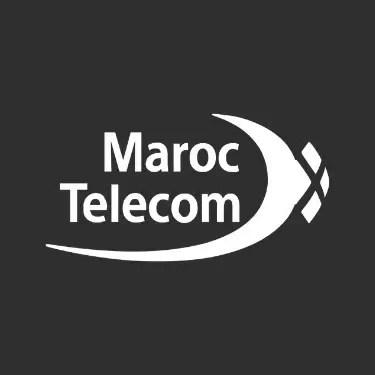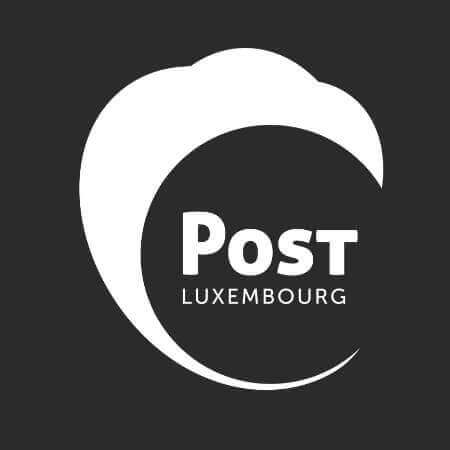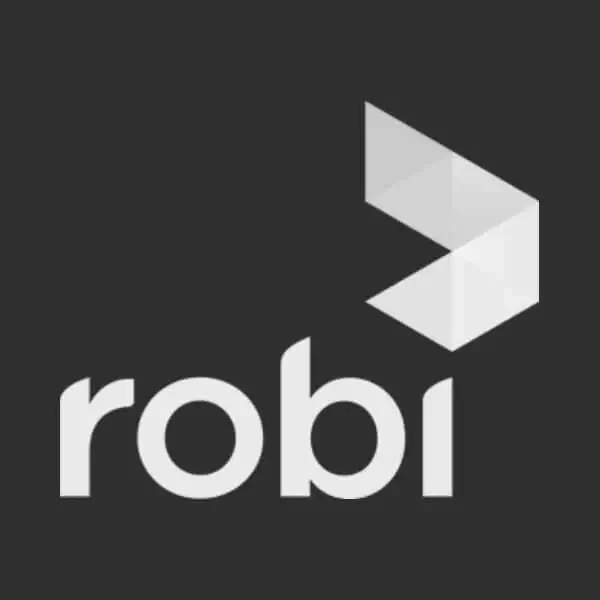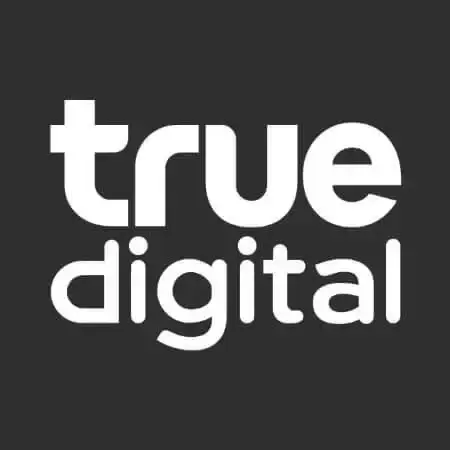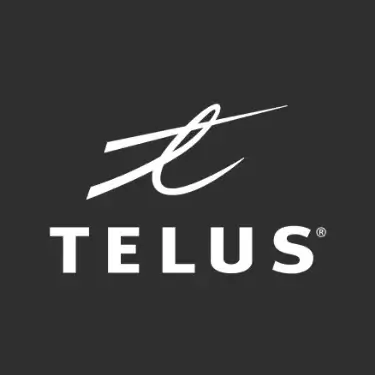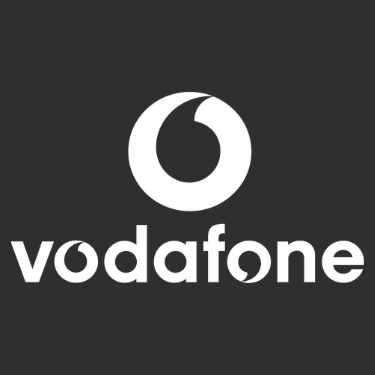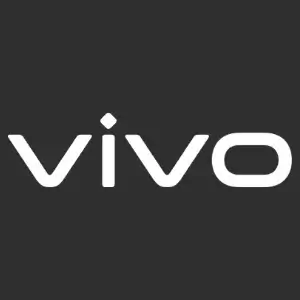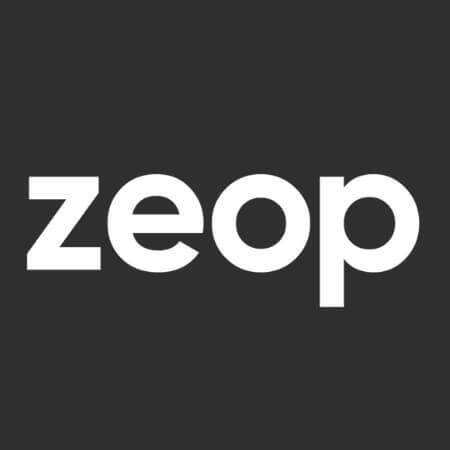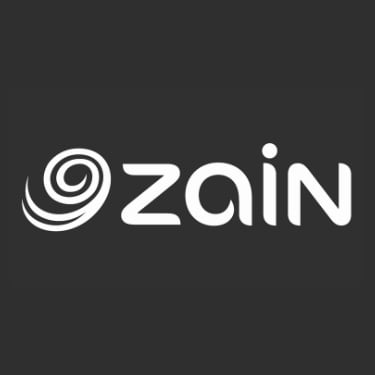At Intersec, gender equality is not a one-time effort but a long-term commitment. In this interview, Rkia, our HR manager, shares insights into the progress we've made, the challenges we've encountered, and the actions we’ve taken to improve gender parity.
What is the gender parity index, and why is it important?
Rkia: The gender parity index is a yearly benchmark that assesses how well companies are doing in creating equal conditions for women and men. It looks at indicators such as salary gaps, access to promotions, and treatment of employees returning from parental leave. In our industry, where the number of female tech graduates remains disappointingly low in France, striving for inclusion is both a challenge and a priority. That’s why, at Intersec, we place the inclusion and promotion of women at the heart of our actions.
What does our gender parity index score of 92/100 signify?
R: This year’s score of 92/100 illustrates how seriously we take gender equality at Intersec. From closing wage gaps to ensuring fair promotion practices, this number validates the actions we’ve implemented. The progression from 85 to 92 in two years confirms that we are on the right track and that our policies are making a difference. Gender parity isn't something to think about once a year during an evaluation, it’s a daily responsibility that shapes how we recruit, promote, and lead.
How do we compare to industry benchmarks?
R: Compared to the national average of 88.5 across all industries in March 2025, our score stands out. It demonstrates that our actions are not only effective but also above the curve. Since the creation of the index, we’ve shown consistent progress, and we aim to continue leading by example.
What challenges have you faced in improving gender parity?
R: One of the biggest hurdles has been addressing underrepresentation in technical roles, which are still traditionally male-dominated. Additionally, unconscious biases in decision-making processes can be subtle but impactful, requiring constant awareness and training.
What steps has the HR team taken to improve our gender parity score?
R: We’ve implemented unbiased pay policies, promoted equal access to career growth, and supported parental leave returnees with tailored re-onboarding programs. Regular salary audits and inclusive recruitment processes help us reduce disparities, while manager training on unconscious bias reinforces fair decision-making. These aren’t just ethical choices, they’re smart business decisions that lead to better performance.
How does the Social and Economic Committee (ESC) contribute to gender equality at Intersec?
R: The ESC plays a key role in upholding gender equality at Intersec. We work together to define the evaluation criteria used to measure parity, ensuring that comparisons across roles are meaningful, even in a company with a wide variety of unique positions. This collaboration ensures fairness in how we interpret and act on parity data. The ESC is also involved in preventing harassment and promoting a respectful work environment. Our approach includes clear policies, awareness training for all staff, and channels for reporting potential concerns safely and confidently.
What’s next for Intersec in terms of gender equality?
R: We are aiming to surpass our current score by making improvements to the initiatives we already have, expanding our mentorship programmes and refining our inclusion strategies. We also aim to broaden support for underrepresented groups across the organization. I like to say that progress happens when intentions become habits. We’ll keep challenging ourselves to turn equality into something employees experience, not just something we measure!
.jpg) How our HR team is driving gender equality at Intersec" />
How our HR team is driving gender equality at Intersec" />

.jpg)

.jpg)


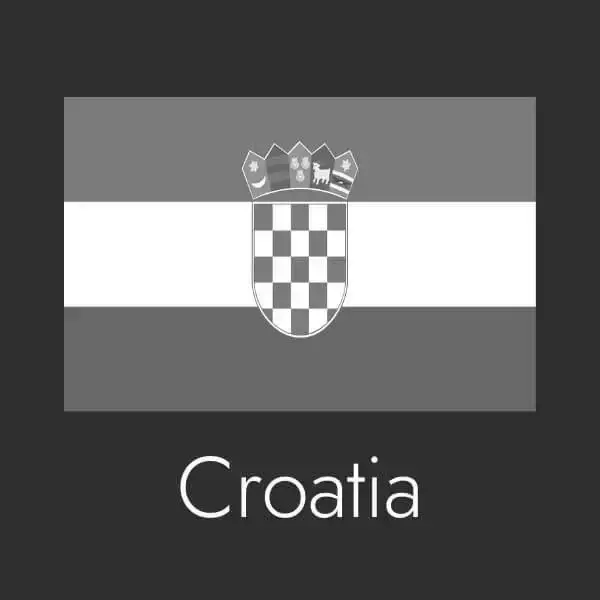

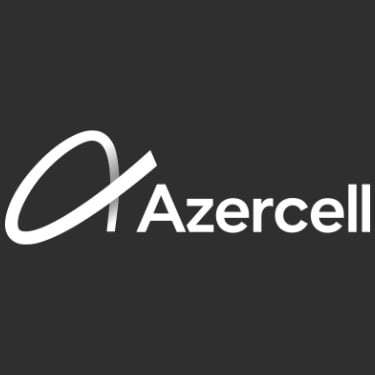

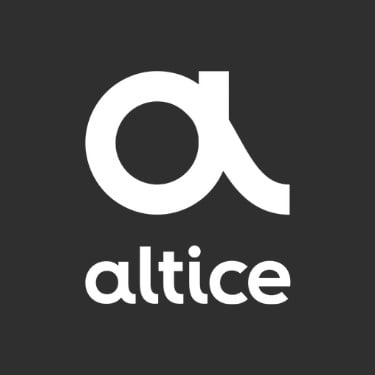
.webp)
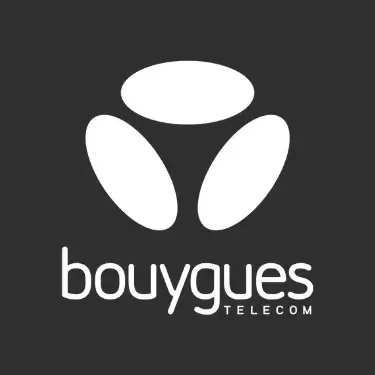

.webp)

